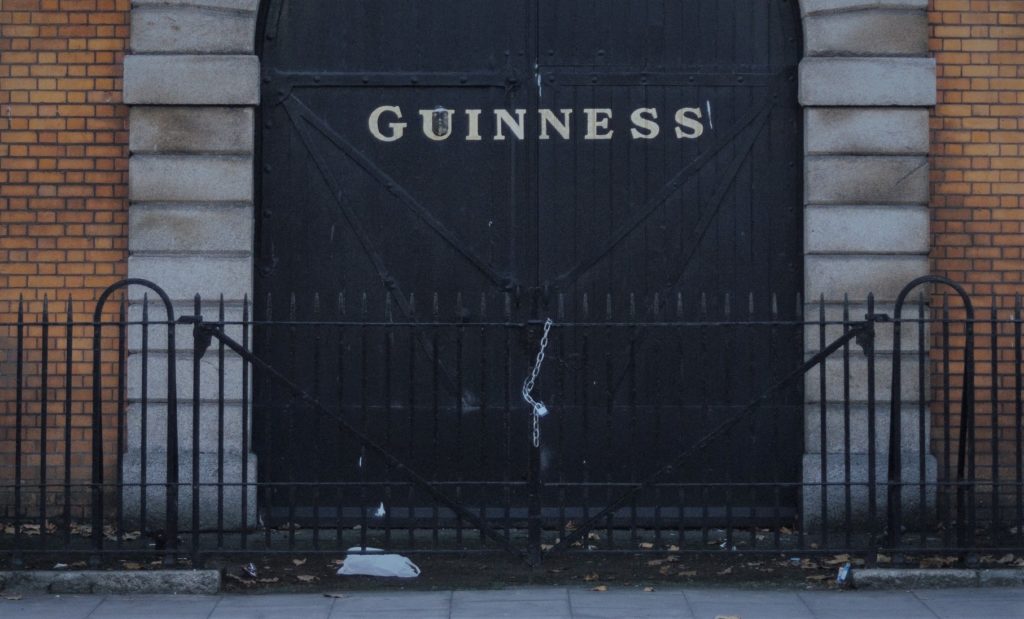
Embarking on a journey to trace one’s roots is like opening a treasure chest of stories, mysteries, and familial connections. For those with Irish ancestry, the exploration of family trees often unveils a rich tapestry woven with tales of resilience, culture, and traditions.
In this exploration, the mythical concept of having 64 cousins takes center stage, creating an intriguing connection between genealogy and the vibrant history of Ireland.
Delving into Irish Family Trees: A Cultural Odyssey
Ireland, with its lush landscapes and deep-rooted traditions, has a long and complex history that is intricately woven into the fabric of its families. The Irish diaspora, driven by historical events such as the Great Famine and economic hardships, has scattered Irish descendants across the globe. For those seeking to reconnect with their Irish roots, the journey often begins with the exploration of family trees.
The construction of an Irish family tree is akin to piecing together a jigsaw puzzle where each ancestor contributes a fragment of the larger picture. As individuals delve into census records, parish registers, and historical archives, they unearth the names and stories of their forebears, creating a lineage that traverses generations.
It is in this meticulous assembly of family connections that the concept of having 64 cousins finds its roots.
The Mythical 64 Cousins: Unravelling the Mathematics of Kinship
The idea that each person has 64 cousins may seem like an extravagant claim, but it is grounded in the mathematical intricacies of genealogy. As we traverse upwards in our family tree, the number of ancestors multiplies exponentially with each generation. By the time we reach the sixth generation – our great-great-great-grandparents – there are 64 individuals in that tier alone.
Herein lies the origin of the mythical 64 cousins. Every one of those 64 great-great-great-grandparents has the potential to be the ancestor of someone else, creating a vast network of familial connections.
While the term “cousin” in this context is broad, encompassing relatives of varying degrees, the number 64 serves as a symbolic representation of the interconnectedness that defines Irish ancestry.
Irish Genealogy: Navigating Challenges and Discovering Treasures

The pursuit of Irish ancestry often comes with unique challenges. The destruction of records during historical events and the complexity of Irish naming patterns can pose obstacles in the genealogical quest. However, the perseverance of those seeking their Irish roots is often rewarded with the discovery of hidden treasures.
Parish records, land valuation documents, and immigration records are invaluable resources for those tracing their Irish heritage. The beauty of Irish genealogy lies not just in the uncovering of names and dates but in the narratives that emerge – tales of migration, survival, and the indomitable spirit of the Irish people.
The Celtic Knot of Irish Family Trees: Interweaving Stories Across Generations
Irish family trees are akin to Celtic knots, intricate and interwoven, symbolizing the eternal bonds between generations. The concept of having 64 cousins serves as a testament to the expansive nature of familial connections, echoing the sentiment that, in Ireland, everyone is somehow connected.
As individuals traverse the branches of their family tree, they may find themselves linked not only to relatives but to the shared history of Ireland. The mythical 64 cousins become a symbol of the collective heritage that transcends individual family units, creating a tapestry of interconnected lives.
Preserving Irish Legacies: The Role of Family Trees in Modern Times
In the digital age, the exploration of Irish ancestry has been revolutionized by online platforms and genealogical databases. Websites like Ancestry.com, Findmypast, and the Irish Genealogy Project have become indispensable tools for those unraveling the mysteries of their heritage. The integration of DNA testing further enhances the journey, providing insights into genetic connections and ancestral origins.
Family trees are no longer static documents; they are dynamic platforms for collaboration and storytelling. The launch of initiatives like the “Ireland Family History Facebook Group” has created virtual communities where individuals can share their discoveries, seek assistance, and connect with distant relatives.
Conclusion: The Endless Journey of Discovery
In the exploration of Irish ancestry and the construction of family trees, individuals not only discover their roots but also become part of a larger narrative that extends across time and borders. The mythical 64 cousins serve as a reminder that, in the intricate dance of genealogy, our stories are intertwined with countless others.
As the journey unfolds, individuals may find themselves attending family reunions in Ireland, exploring the landscapes their ancestors once called home, and forging connections with newfound relatives. The pursuit of Irish ancestry is not merely a quest for names and dates; it is a journey of self-discovery, cultural exploration, and the celebration of a heritage that resonates far beyond the branches of any family tree.
In the heart of Irish genealogy, the mythical 64 cousins become not just a mathematical concept but a symbol of the shared bonds that define the Irish experience – a reminder that, in the intricate mosaic of Irish family trees, everyone is connected in ways that transcend both time and distance.
64 cousins: A New Way to Connect With Family




